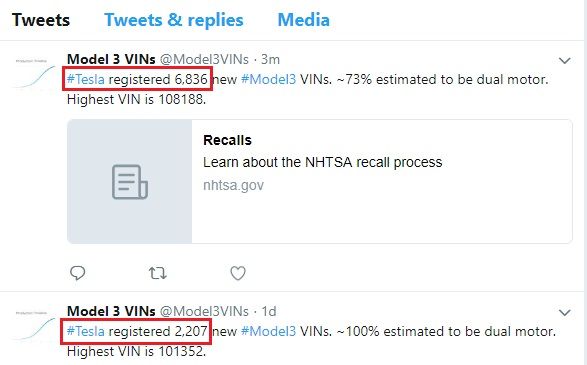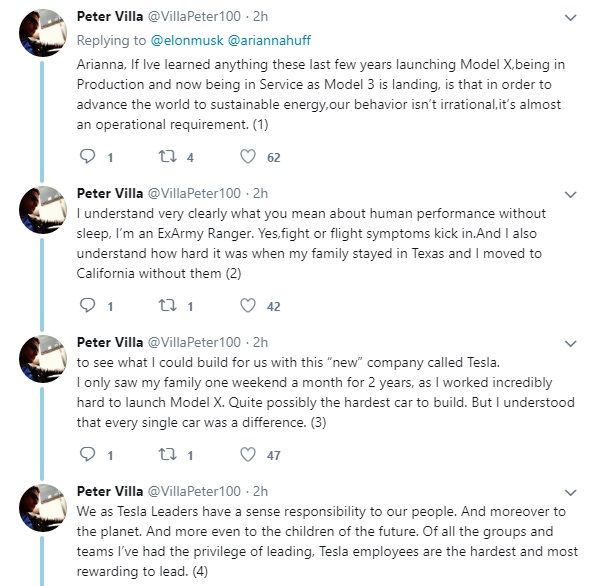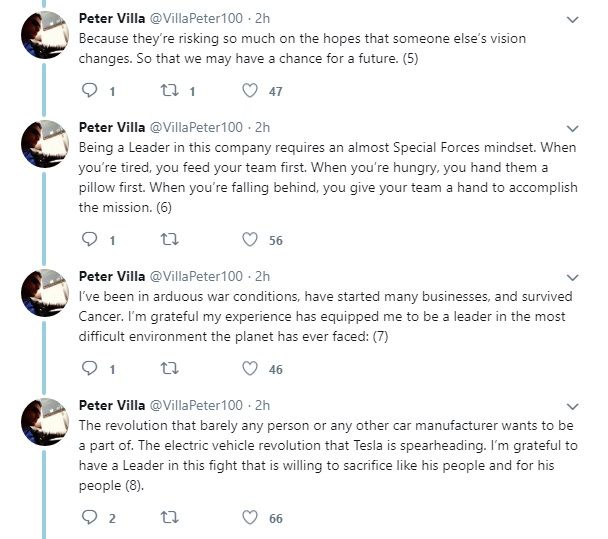The Blue Owl
Endangerous Herbivore
People have knee-jerk reactions to her because of the association with the Club of Rome, whose positions have been attacked and ridiculed (like you are doing in your post) because many of its predictions didn't come to pass (yet). Reading what others say about what she actually wrote is just as misleading as reading what Business Insider says about what Elon Musk thinks. Once exposed to such crap, it's difficult to keep an open mind.Correct me if I'm wrong but the author sounds alot like those Club of Rome post-growth pundits and I don't see a post-growth world as a solution. In a world were the cake get's smaller the outcome will be not be kumbaya back to nature, it will get very nasty. So as an antidote to those lines of thinking that infected large parts of the intellectual world in the west, I suggest that book
https://www.amazon.com/Proactionary...&qid=1534629923&sr=1-11&keywords=steve+fuller
The 'proactionary principle' was introduced by transhumanists. Whereas precautionaries believe that we are on the brink of environmental catastrophe because we're too willing to take risks, proactionaries believe that humans stand apart from the rest of nature by our capacity for successful risk taking. In terms of current environmental problems, therefore, solutions lie not in turning our backs on our love affair with technology but by intensifying it – through finding new energy sources or even looking at the possibility of inhabiting other worlds.
I recommend going directly to the source. There is as much politics in her writing as there is in Musk's thinking, which is to say, none. There is only observation and deduction from first principles informed by deep experience, that sometimes leads to uncomfortable and unescapable conclusions of high consequence when applied to the real world. Therefore, those conclusions become politically charged. That doesn't originate with the author, but with those of her readers (and even more who didn't read) who don't like those implications.





